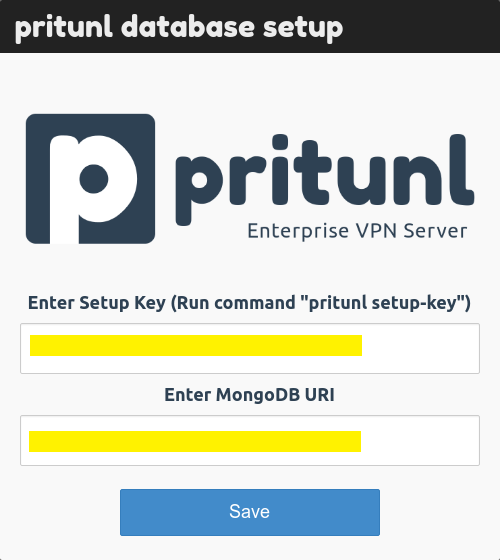

It uses mongodb as its database which can be installed on the same instance as well as on a managed instance in case we need a redundant vpn server. So, Pritunl can be easily scaled up based on the requirements. Pritunl works as a distributed and scalable infrastructure with no master server. Here we are defining the criteria for comparison:įollowing VPNs have qualified above criteria and has been compared throughly.

Site-to-site Implementation: Tunnelling between AWS VPC and a remote network, eg, connection between office network and VPC.Strong Encryption: Encrypted tunnel between VPN clients and VPC.Remote Access: Access Private network from any remote location and any Platform.Simplicity: Simple for admins to setup networks, users, SSO etc.Here are the things I kept in my mind before starting: Complete open-source VPNs are out of the scope. So, I decided to compare different offerings in the market. Or a proprietary VPN having a lot of simplicity and customisation can be best for a medium or high budget implementation. An Open-source VPN covering all the basic functionalities can be best for a simple implementation. I recently got an assignment to get the best offering in the market.

There are a number of VPN offerings in the market ranging from open-source to proprietary software, self-managed to VPN-as-a-service, and with a huge range of features. They are even used to mask your public IP, so that you can access a public server without getting traced. VPNs are a great way to securely connect your private networks.


 0 kommentar(er)
0 kommentar(er)
